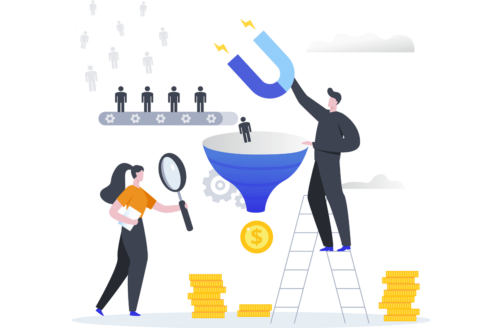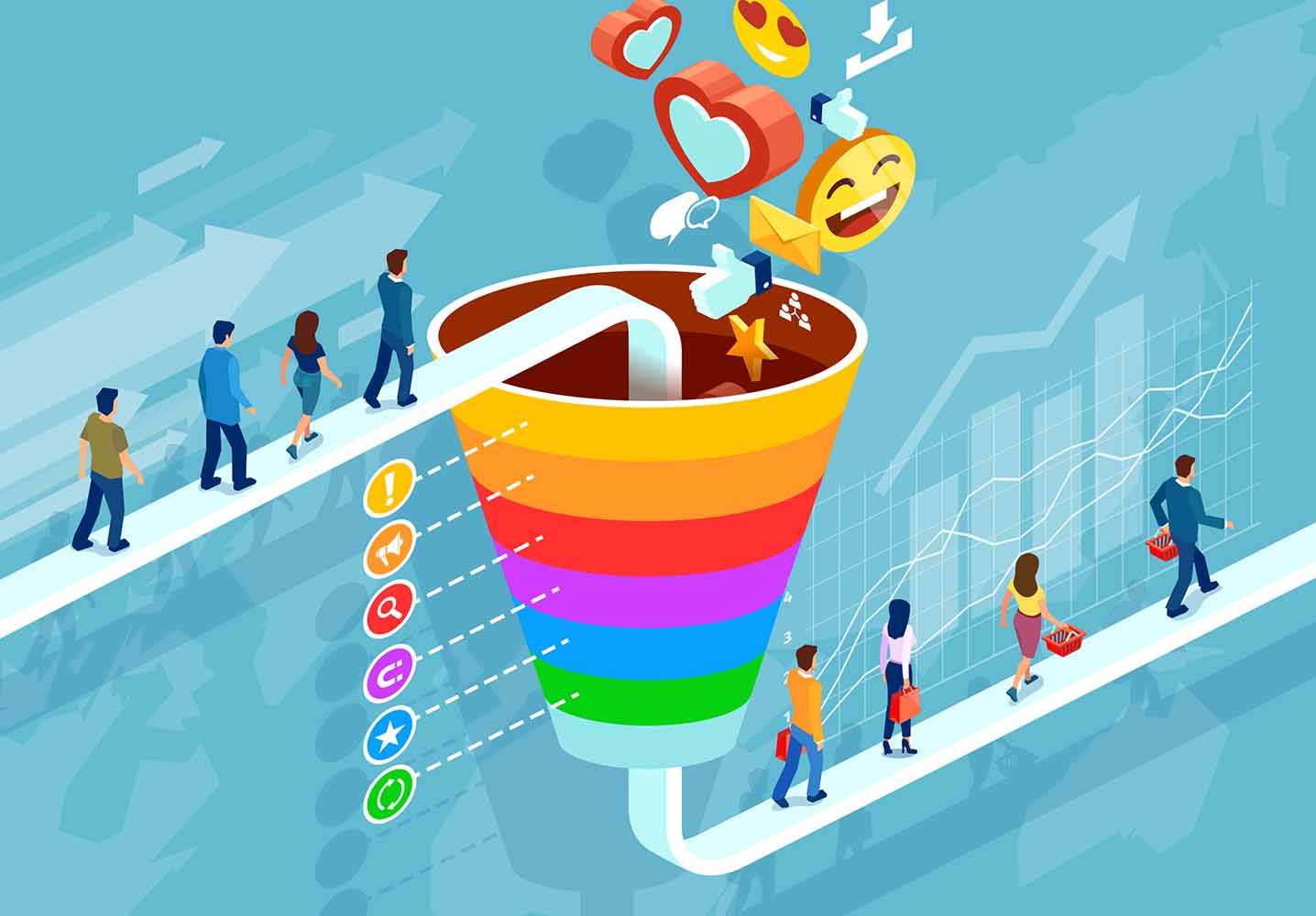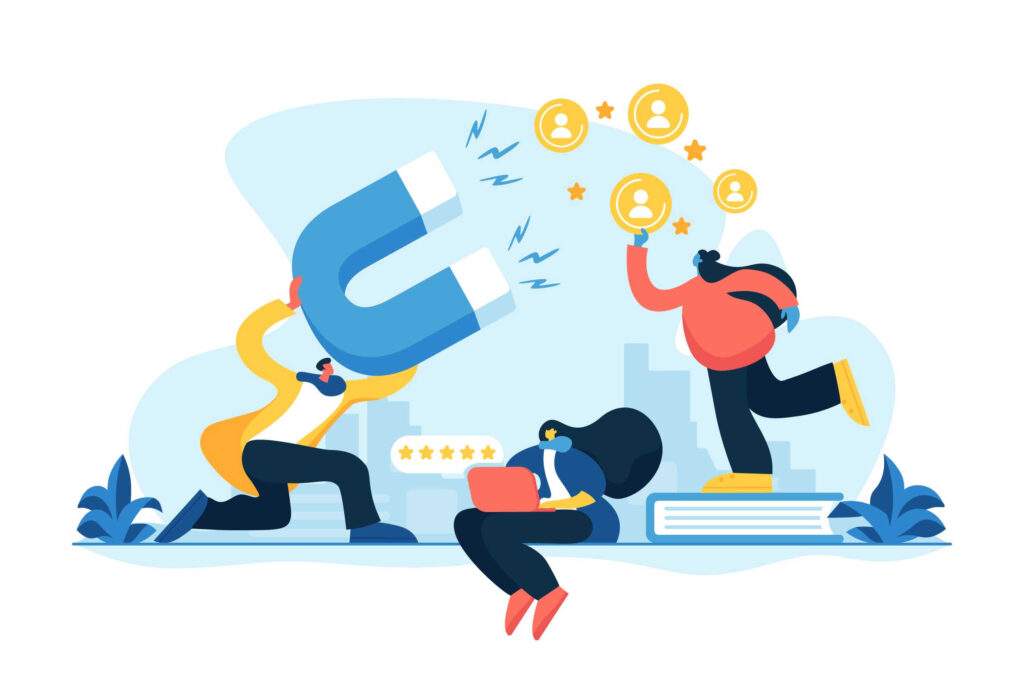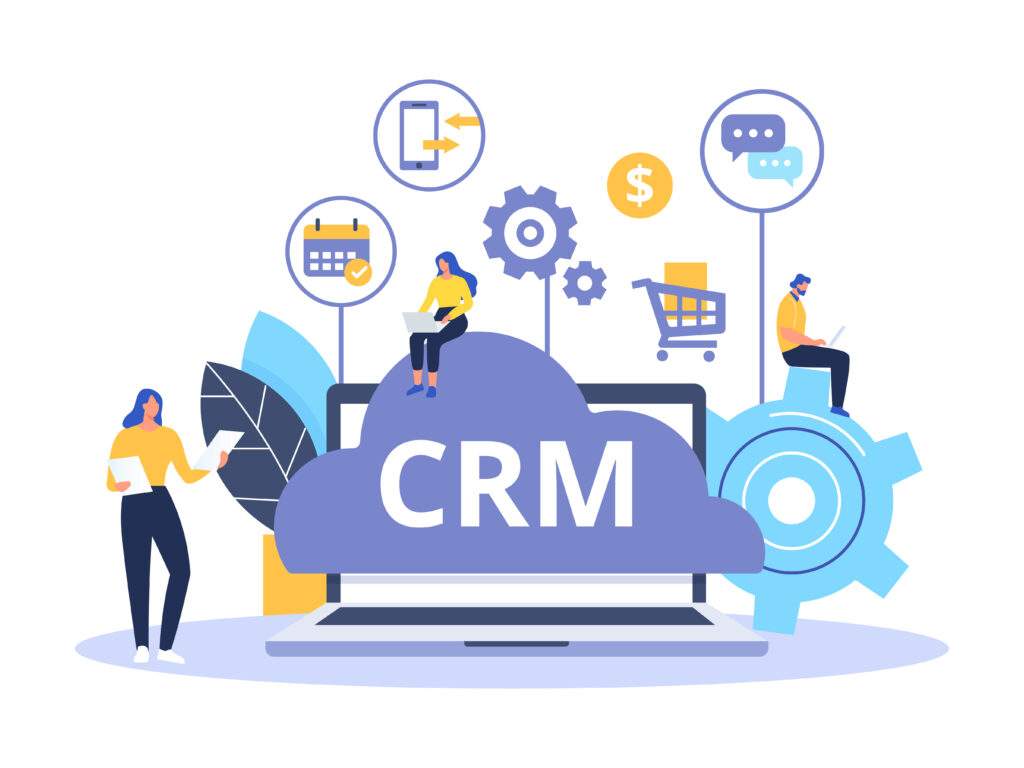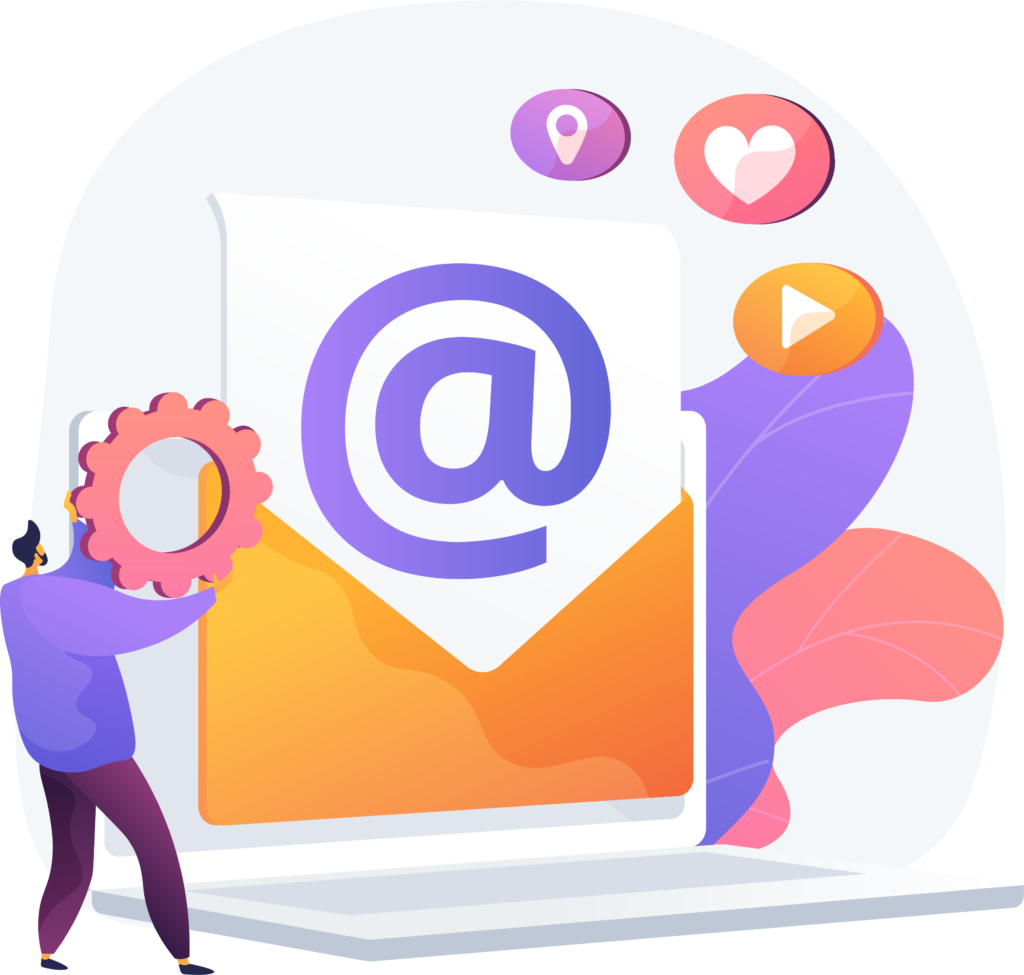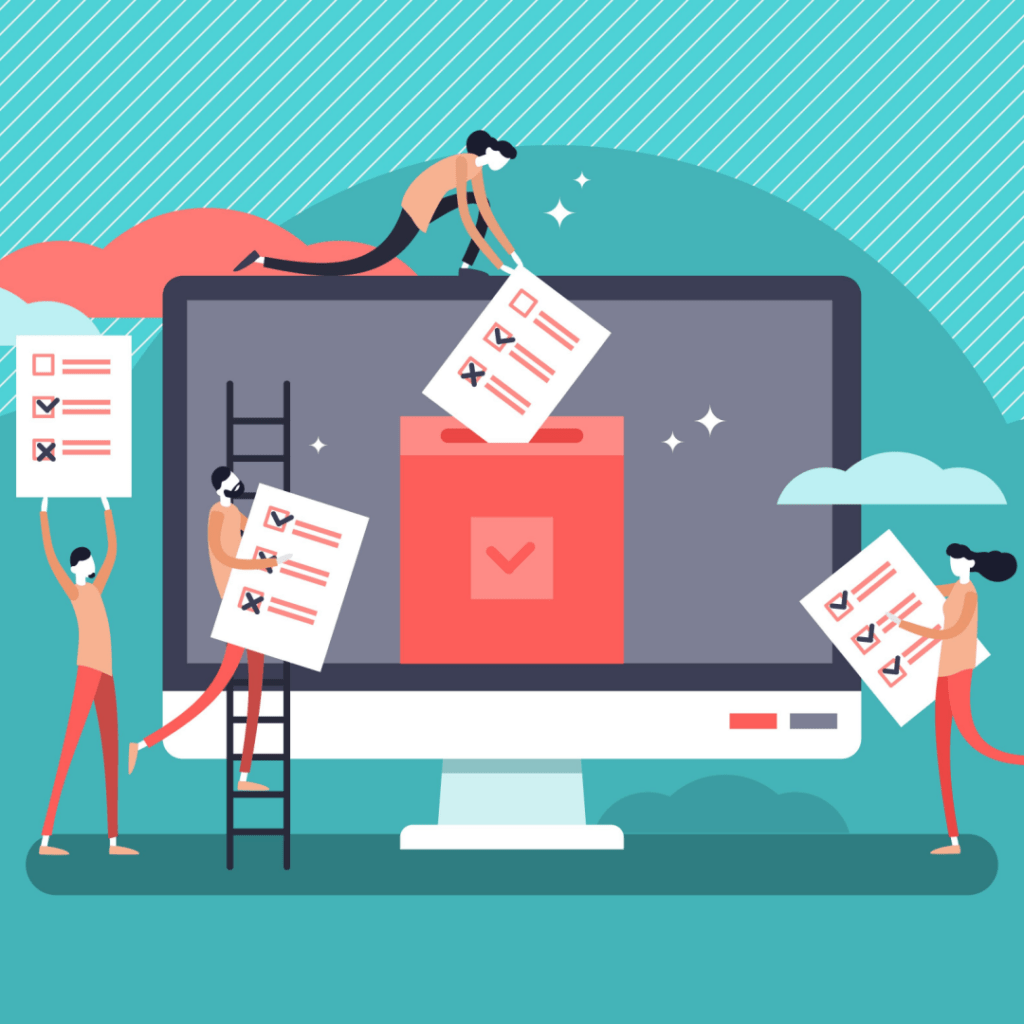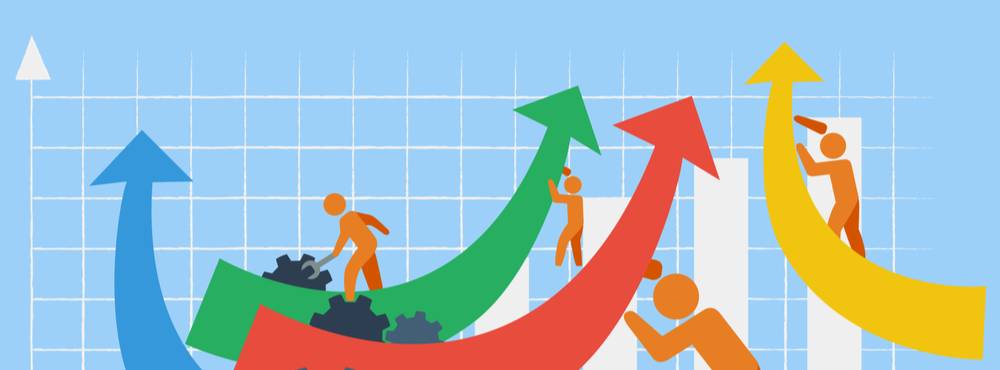It’s hard to know exactly what every customer wants. Some expect personalized service and attention on a near-daily basis, while others are content with being left alone until a crucial conversation is needed. Regardless of the type of customers that your business has, it’s important to have a way—scratch that, many ways—to reach them.
Scattered emails, customers that use various chat applications (not the chat app that your company supports), and phone calls to and from personal lines may have gotten the job done in the early days of your business, but these communication channels no longer cut the mustard as your business grows and expands.
One solution that businesses have enlisted is a part of the Zoho suite of software products: Zoho CRM.
Zoho CRM: What You Need To Know
Zoho CRM offers businesses a customer lifecycle management solution that allows prospects to be tracked through the sales funnel, with some automation to do some of the heavy lifting. Zoho CRM offers competitive customer relationship management capabilities, but does it offer everything that a full-bodied ERP software solution can?
Let’s look at the positives and negatives your business may face when choosing Zoho CRM, and how and why other alternatives may be a better fit for your business and its unique needs.
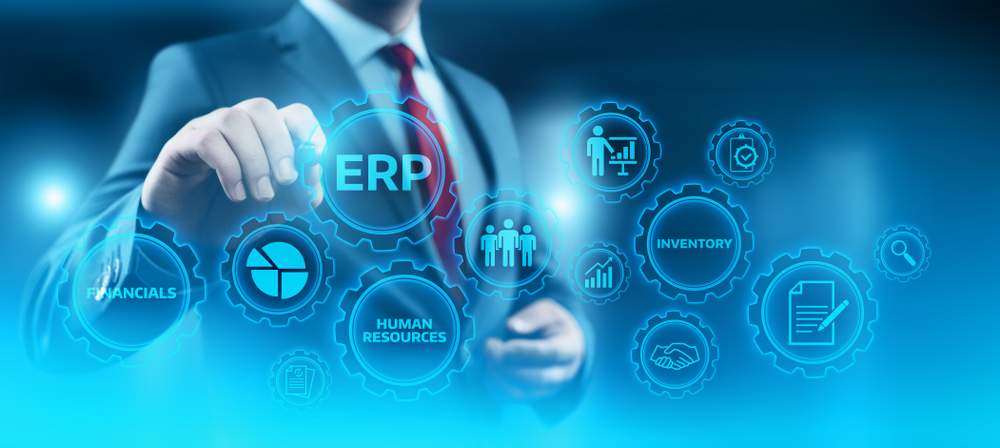
Pros Of Zoho CRM
Many businesses are familiar with the Zoho suite of products. Zoho has over 40 apps in total that perform a number of different functions. Zoho Desk, Zoho Recruit, and Zoho Meeting are just a few of the many products that Zoho offers.
For Zoho CRM in particular, there are a few areas where it stands out among the competition. G2, a leading software review source, lists Zoho CRM’s data import & export tools among its top features. Also, its contact and account management functionality is one of the areas that it functions the best.
As for the price of Zoho CRM, it’s affordable for businesses of any size. Zoho CRM offers a free trial, and its plans begin at $14/month per user. However, this base plan doesn’t come with all of the features that the enterprise plan offers. The Zoho CRM enterprise plan begins at $40/month per user. Some CRM bundle subscriptions go as high as $69/month per user.
Cons Of Zoho CRM
On its own, Zoho CRM is a powerful customer relationship management tool. From a brand with a worldwide presence, the tools it offers provide value to customers and its easy-to-use design feels comfortable for those who may not fashion themselves as inherently tech-savvy.
One of the most glaring downsides of Zoho CRM is not about Zoho CRM itself, but about the Zoho applications as a whole—while each individual module is powerful, functional, and affordable, getting the most out of Zoho requires using and paying for any number of the Zoho suite of applications.
In other words, the price and complexity of juggling various software packages can really add up. For small and growing businesses that require multiple users on the system, this cost is often too high to justify. Instead of a single, all-in-one business management software platform that handles everything from accounting, projects, and time management in addition to CRM capabilities, Zoho has essentially split up these features among its 40-odd modules.

While this is ideal for some larger organizations that only need one or two modules to accompany their existing, legacy software solutions, it is less than ideal for smaller organizations that are in need of a complete business management software solution.
Beyond the cost of deploying multiple software products, Zoho CRM falls short when it comes to customer support satisfaction. G2 reviewers have ranked Zoho CRM’s quality of support at 7.5/10, which is below the CRM industry average of 8.6/10. Capterra—another leading software review site—lists a 4 out of 5 rating for customer service.
Zoho CRM: Will It Work For You?
While Zoho CRM offers competitively priced and intuitive CRM tools, it falls short when it comes to offering other vital, non-CRM-centric features that provide immense value to small and growing businesses. For those that are extremely budget conscious and looking to get the most value out of their technology stack, there are some Zoho CRM alternatives that are worth looking into.
Further, many reviewers acknowledge that while Zoho CRM functions well, getting a hold of and receiving valuable help from the Zoho customer support team can often be difficult.
Striven – The All-In-One ERP Software
Projects, operations, tasks, and HR benefit from software solutions. And in today’s world, most companies need a software solution compatible with today’s landscape of working remotely. Having CRM software on its own just isn’t enough anymore, either.
The Zoho family of products contains modules and add-ons to accommodate all of your business needs. However, unlike other all-in-one business management software solutions such as Striven, expect to pay for each additional module and piece of functionality that you’ll need. With Striven, you have all of the tools you need to succeed in one place, together and simplified. No need to worry about paying for add-ons or bloated software that simply doesn’t fit your business needs. The best part? You can try it for free.

